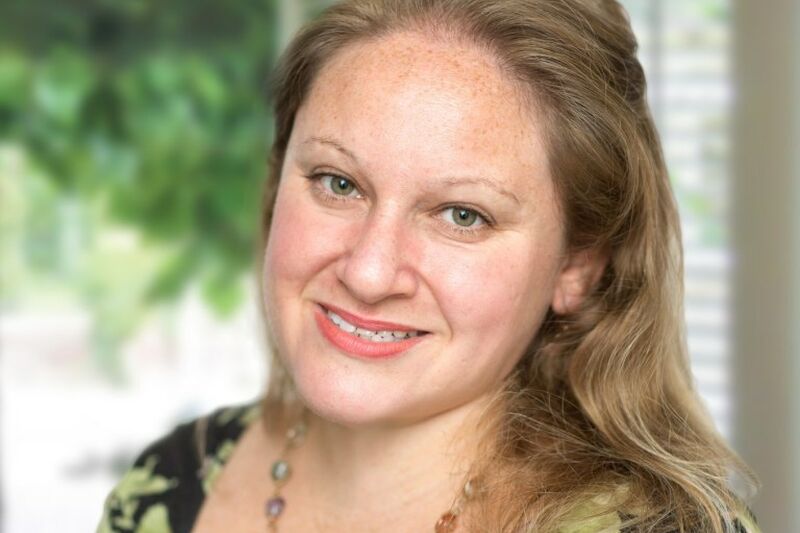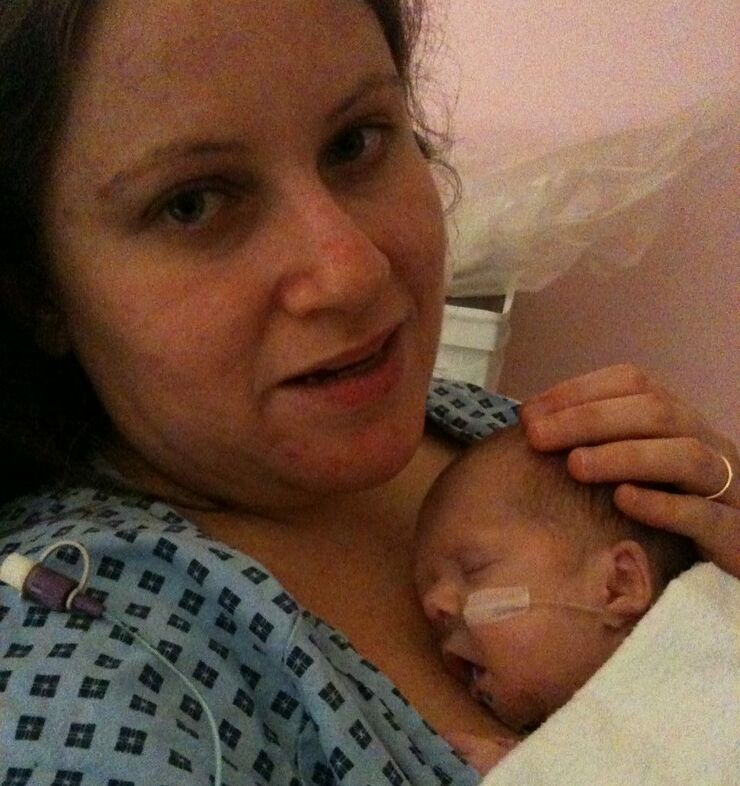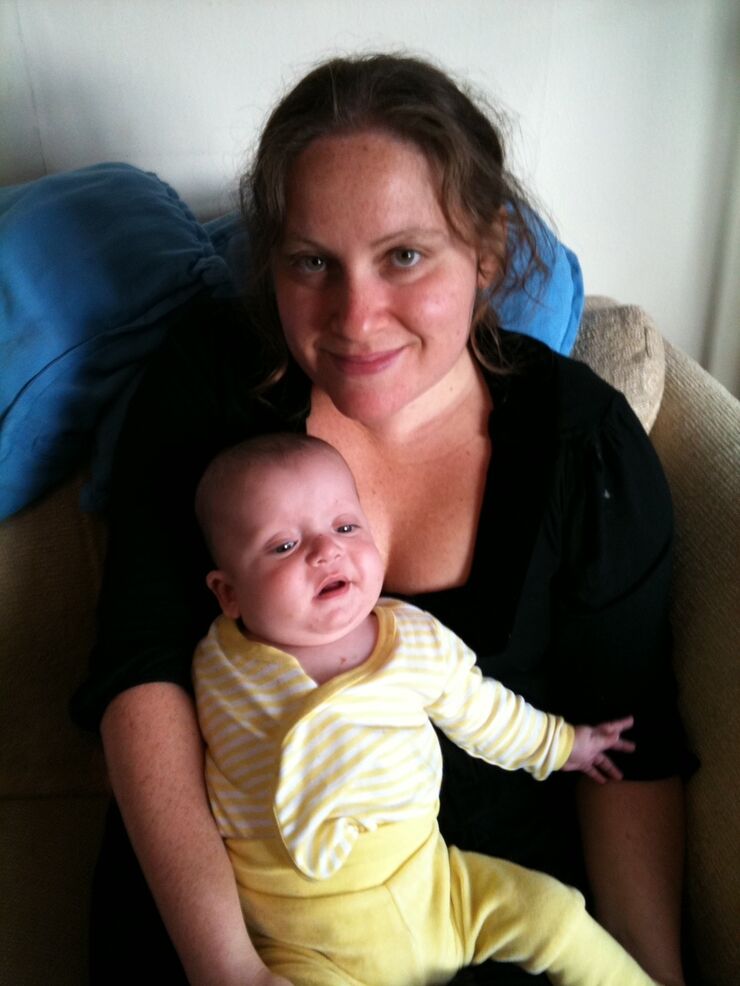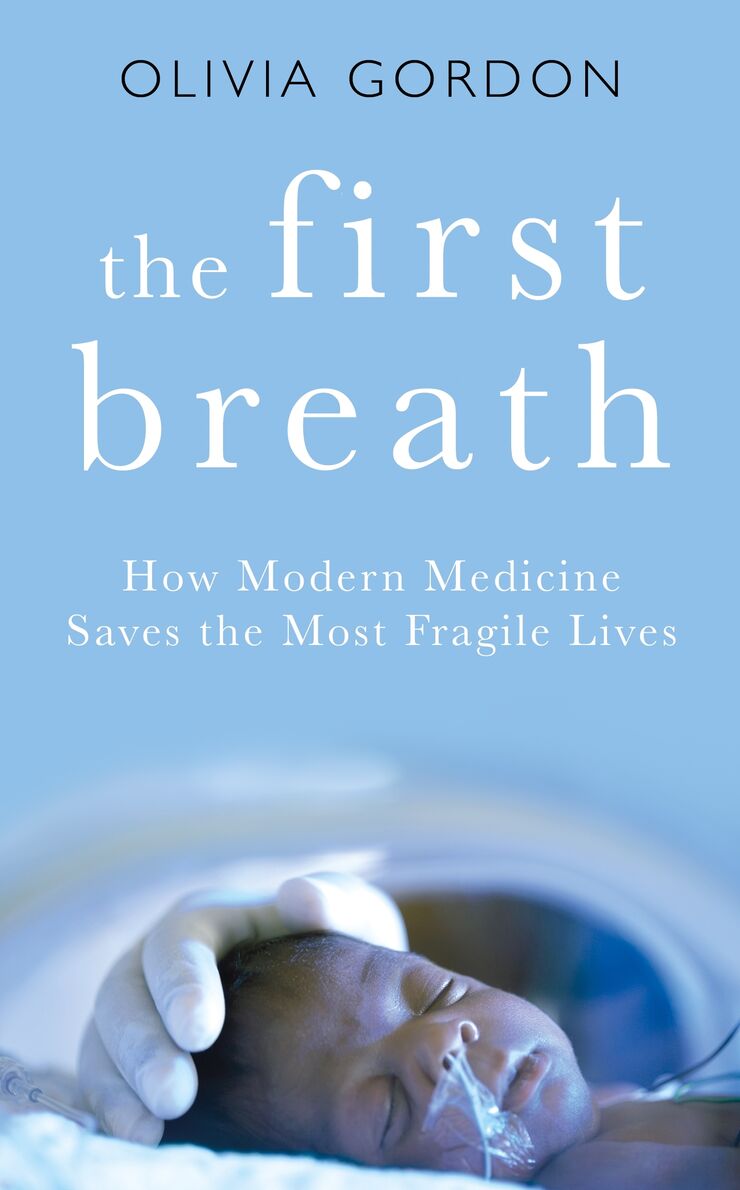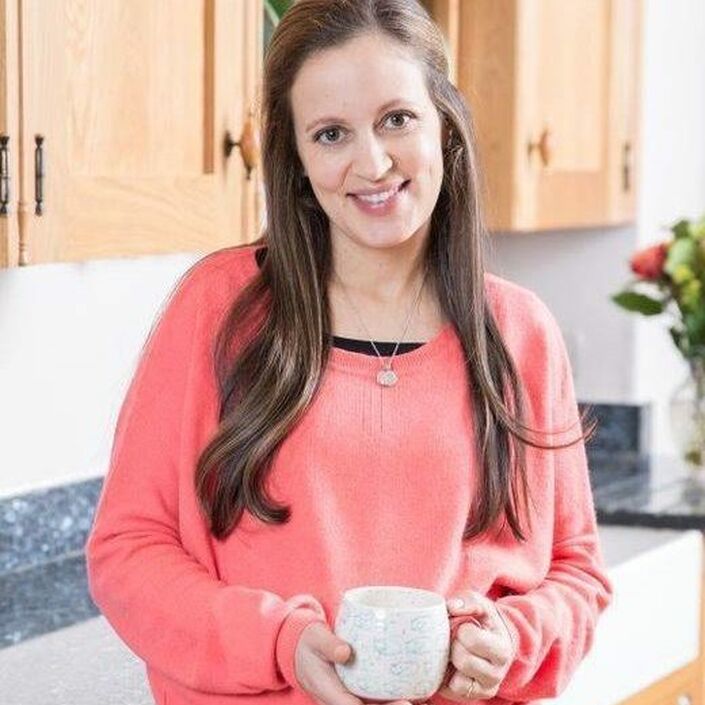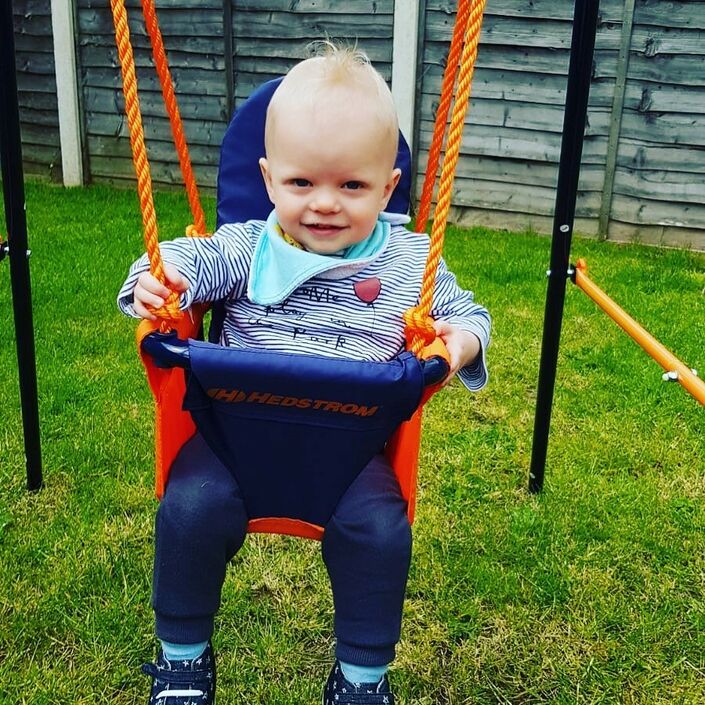Journalist Olivia Gordon was 29 weeks pregnant when a scan revealed that her baby boy was critically ill, his lymphatic system failing. Despite in utero surgery, her son still arrived prematurely and spent five months in neonatal care.
This month sees the release of The First Breath, Olivia’s debut book which documents her journey through the neonatal unit and delves into the history of neonatal care. In this week’s blog, Olivia tells us what inspired her to write this story.
Q: Why did you write a book about how modern medicine saves the most fragile babies?
A: I'm a journalist and when my baby was born critically ill and spent his first five months in neonatal care. Although I temporarily gave up work and was just living the experience, I kept thinking: “Someone should write about this.” The NICU is such a surreal and intense place, and so is the expressing room, where mothers have the most extraordinary conversations.
As the years went by, I started writing more and more about the experiences of sick children and their families and doctors. I wanted to understand how my son's life had been saved and how modern medicine had got him here. It was a story that needed to be uncovered and told – not just my own neonatal story, but those of other families, and the doctors and nurses and scientists, too. A whole new generation of children - including my son Joel - are growing up having started their lives with an unprecedented level of medical intervention. The First Breath tells the experiences of families like ours, from the foetal medicine unit to the NICU to the operating theatre - and beyond the neonatal unit.
